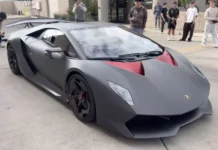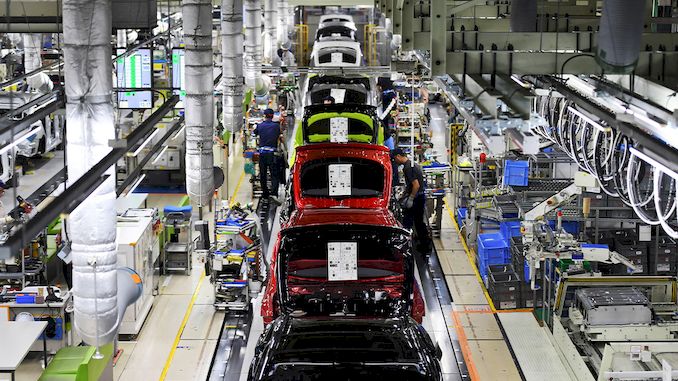Toyota Motor Faces Order Backlog and Sales Decline Due to Supply Constraints
Toyota Motor is facing an unusual situation as it has been forced to reject orders for half of its car models at dealerships due to supply constraints caused by the Covid-19 pandemic. The company has recently stopped accepting orders for the Alphard MPV and Land Cruiser 300 models, among others, due to concerns about fulfilling orders on time. Pre-orders for the latest version of the Toyota Alphard and the upgraded Toyota Aqua model have also been limited or suspended. However, models like the Toyota Harrier and Corolla Cross are not affected by these restrictions.
The impact of these order rejections can be observed in Toyota’s sales figures. From April to October 2023, sales at Toyota dealers nationwide only increased for two months compared to the same period last year. Notably, August saw a significant decline in sales, despite high demand during the launch of the new generation Sienta model.
One of the main factors leading to Toyota’s current situation is the mismatch between supply and demand. Toyota had initially projected a production forecast of 3.3 million units for the fiscal year 2023, but due to increased demand, they raised the forecast to 3.34 million units. However, chip shortages during the Covid outbreak have limited the production process, leading to a backlog of orders that can reach up to 1 million vehicles at peak times.
In addition, changes made by Toyota to integrate sales channels in 2020 have also contributed to the backlog. Previously, certain models were only available at specific dealerships, but now any Toyota model can be purchased at any dealership. This has led to overwhelming demand for popular models and an increasing number of canceled orders.
Despite these challenges, there are signs of improvement. The average delivery time has been reduced from 6 months at the end of 2022 to less than 5 months currently. It is expected to further decrease to about 4 months in early 2024. Toyota has also relaxed restrictions on new orders since mid-November 2023, and the situation is expected to return to normal by spring 2024. However, if Toyota fails to address these issues, customers may turn to other car brands.
TT (Tuoitrethudo)
References: Nikkei Asia













































